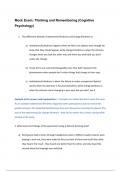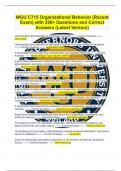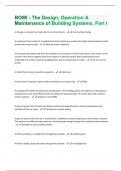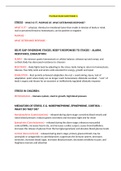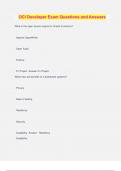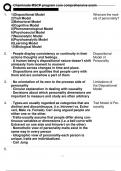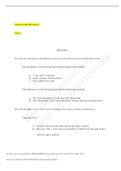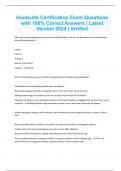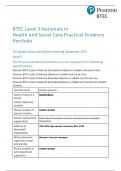Tentamen (uitwerkingen)
Ultimate Mock Exam 2.1C (Cognitive PSychology (Thinking and Remembering) with Elaborate answers
- Vak
- 2.1C (FSWP2014A)
- Instelling
- Erasmus Universiteit Rotterdam (EUR)
This exam was made based on the most important aspects of every topic, and covers all parts of the problem ( from A to C). It has very elaborate answers that can serve as a quick and efficient summary before the exam.
[Meer zien]
